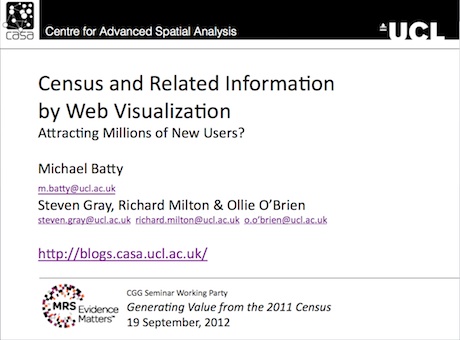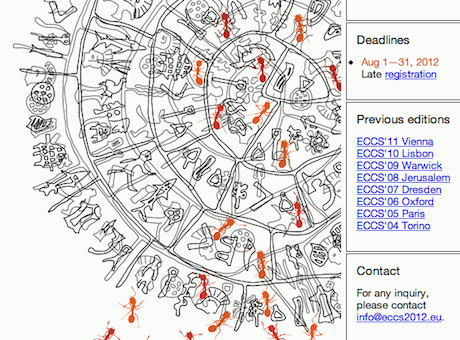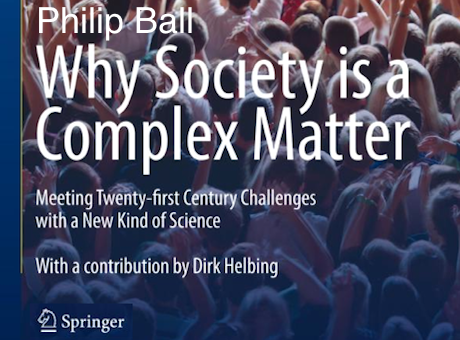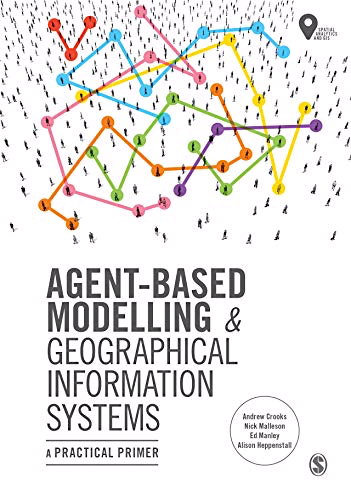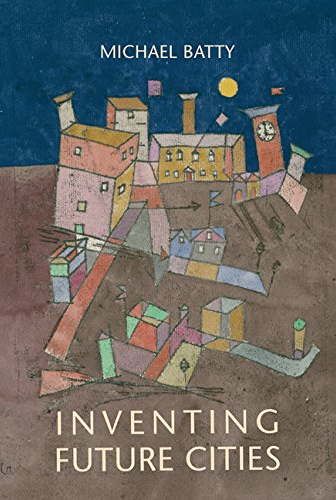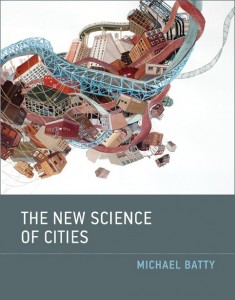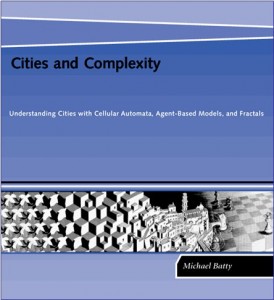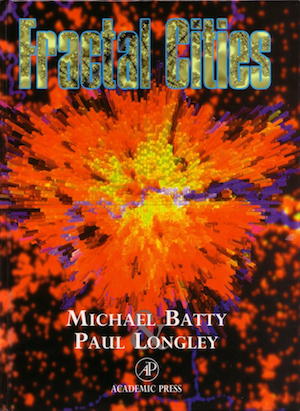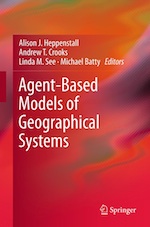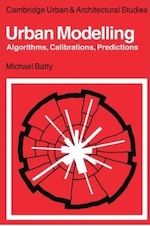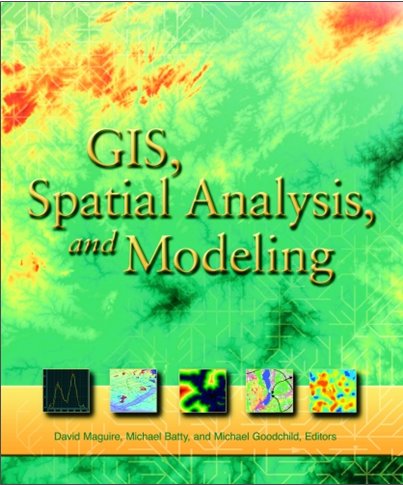Gave a talk today to the Market Research Society’s meeting on “Generating Value from the 2011 Census: How business can benefit from the new free Census data”. The talk was a compilation of ideas developed by Ollie O’Brien, Steven Gray, Richard Milton and yours truly ranging from online mapping, flow and network animations, big geospatial data, crowd-sourcing and adding visualisations to simulation models. A potpourri as the pdf which you can download here shows. I don’t know if I did these guys justice, I hope it did and there was plenty of interest. But these technologies are those we need to make sense of complexity and cities and most of our simulations are being increasingly informed by these techniques.
Visualisation and Visual Analytics
CASA at ECCS ‘12
Lots of CASA people speaking at the European Conference of Complex Systems at the Free University in Brussels this week. Elsa Arcaute and the Mechanicity team are talking on Scaling Laws in Cities: Is there Universality? Today (Tuesday 4th) at 17-45 in the main auditorium; Jon Reades and Mike Batty on Disruption in Transit Systems, Francesca Medda and colleagues on transport investment, Ed Manley et al. From UCL CEGE on traffic patterns and big data, Elio Marchione on naval strength and piracy in the Gulf of Aden, all in the COSMIC satellite session, Wednesday (5th); Toby Davies and gang on London Riots (Poster Session and also the Complexity in the Real World Satellite – Wednesday 5th, ) Peter Baudains et al., on diffusion effects in the London riots in the Contagion Satellite (Wednesday 5th), and Minette D’Liam on Adaptive Networks for Transport in the Transport Complexity Satellite (Thursday 6th).
Phil Ball’s Little Masterpiece
Phil Ball’s little book is one of the best summaries I have come across on complexity theory and its applications. This little triumph of clarity argues that society’s problems are those of highly connected systems. The book has been written to support the FuturICT project which seeks to convince that a new interdisciplinary synthesis – a new social physics if you like – is required to unravel such problems of this complexity. Phil says of contemporary social problems “… the consequences … are immense, and yet at this stage are little more than informed guesswork” (page vii). Nice gentle text. If are a newcomer to complexity sciences, then read this first. Lots of references to our own work in CASA here on cities, and to friends of CASA such as Paul Ormerod, Bill Hillier and others.

